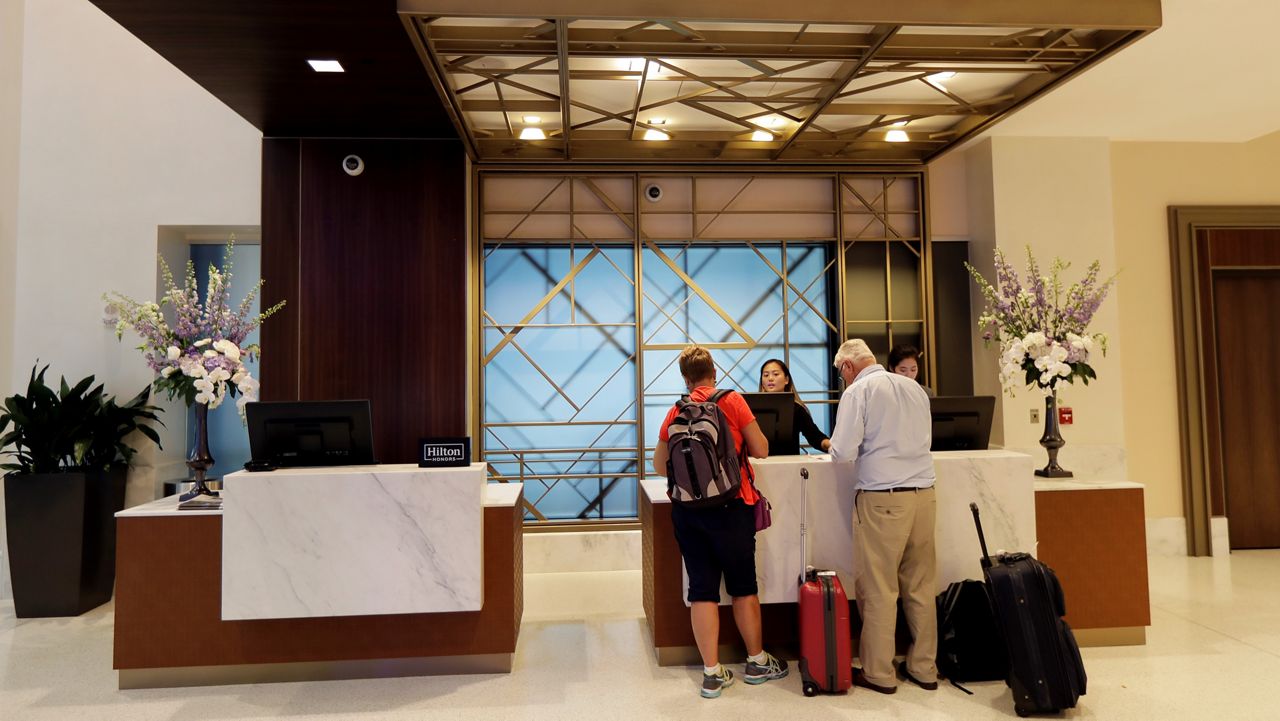LOS ANGELES (CNS) — The Los Angeles City Council approved a recommendation Tuesday to develop a ballot measure to change the way the tax on hotel rooms is calculated and collected by online travel companies.
The Council voted 13-0 to instruct the Office of Finance and related departments to identify and develop changes to what is known as the transient occupancy tax, in which any person or group occupying a room or space in a hotel, or any facility operating like a hotel, has to pay a tax equal to 14% of the "rent" charged for the occupancy.
The tax is collected by the hotel and remitted to the city on a monthly basis.
According to a report from the Office of Finance, the rise of online travel companies has complicated this arrangement because many customers now pay directly, rather than pay the hotel, and the amount the customer is paying for the right to occupy the room is "no longer the same amount that the hotel sees as receipts."
The finance office will reach out to online travel companies and hotel operators to discuss the goals of the proposed measure, as well as future implementation of the tax.
Individuals who occupy a room for more than 30 days are not considered "transient" and are not required to pay the tax unless they have an agreement with the hotel to extend their status.
Councilmen Tim McOsker and Bob Blumenfield introduced the motion on March 17.
In November 2022, voters in Anaheim passed Measure J, which required online travel companies to collect the city's hotel tax based on the full rate guests are charged for accommodations.
It also defined a list of other charges related to hotel stays, such as parking fees, resort fees, pet cleaning fees, pool and spa usage and late checkout fees, and included these in the basis for the tax.
Anaheim collected $267 million from the hotel tax in the 2021-22 fiscal year, and supporters of Measure J argued it would generate an additional $3 million annually. According to the Office of Finance, since the measure in Anaheim has been in place for several months, there is "still uncertainty" regarding the total financial impact, but receipts so far show a projected increase of $7 million to $8 million in the first year.
The office reported that Los Angeles could see an increase of revenue from the hotel tax upward of $5 million annually.



